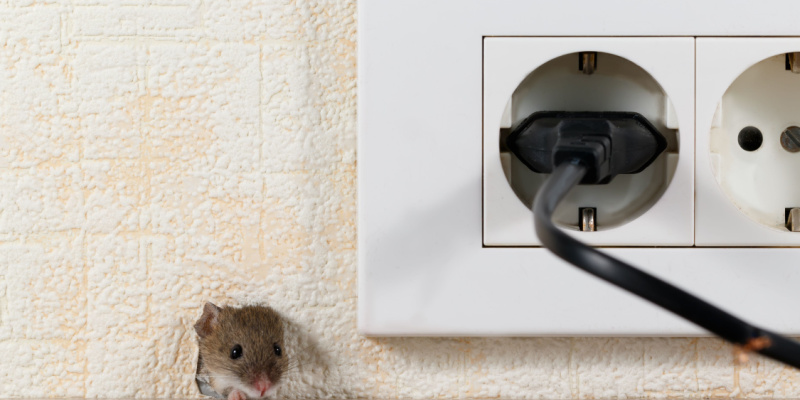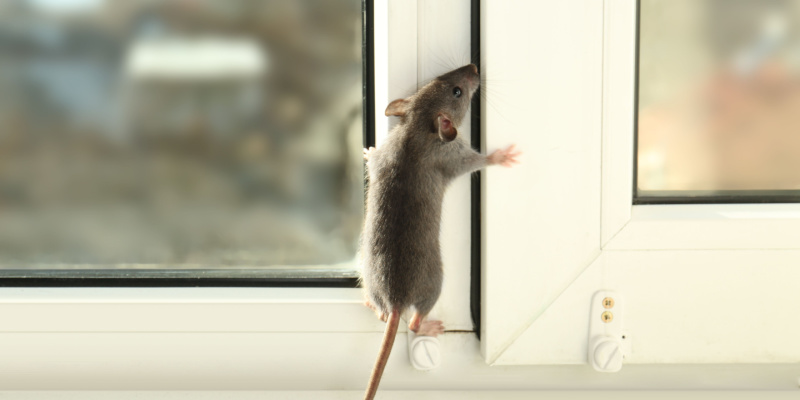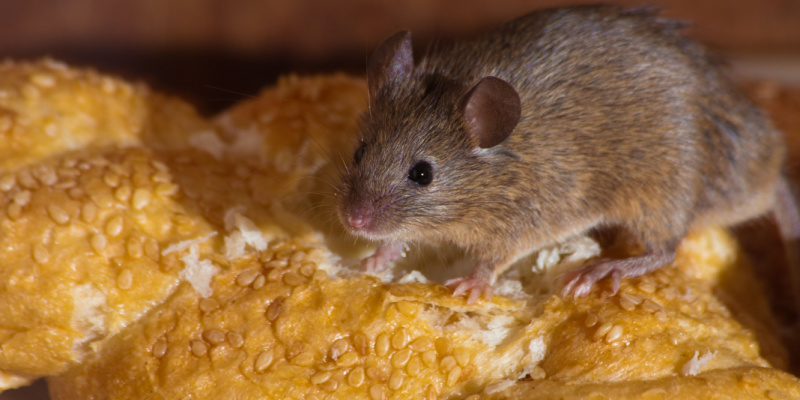Mice are opportunistic creatures, constantly in search of food, shelter, and warmth, especially during colder months. This makes homes an attractive destination for these small rodents. Preventing mice from invading requires understanding their behavior and habitat preferences.
The Importance of Sanitation
- Proper Food Storage: Store food in airtight containers. Mice have a keen sense of smell and are attracted to easily accessible food sources.
- Regular Cleaning: Regular cleaning, especially in the kitchen, helps eliminate crumbs and food residue that can attract mice.
- Managing Garbage: Ensure garbage bins are sealed and disposed of regularly. This removes another potential food source for mice.
Sealing and Fortifying Your Home
Mice can squeeze through tiny spaces (as small as a dime), so it’s crucial to:
- Seal Cracks and Openings: Inspect your home’s exterior for cracks, holes, and gaps. Use steel wool, caulking, or metal flashing to seal them.
- Weather-stripping: Install weather-stripping around doors and windows to close gaps.
- Screen Vents and Chimneys: Ensure vents and chimneys are covered with appropriate screening to prevent mice from entering.
Landscape and Exterior Management
Your home’s exterior can attract or deter mice:
- Trim Vegetation: Keep shrubs and branches trimmed away from the house. Overgrown vegetation can provide cover for mice.
- Remove Debris: Avoid the accumulation of debris, lumber, or other materials close to your home. These can serve as nesting sites for mice.
- Elevate Woodpiles: Store firewood at least 18 inches off the ground and away from the house.
Interior Measures
Inside your home, take additional steps to make it less inviting to mice:
- Declutter: Reduce clutter, especially in storage areas like basements and attics, to minimize hiding places for mice.
- Storage Solutions: Store items, particularly in basements and garages, in sealed plastic containers rather than cardboard boxes that mice can chew through.
Natural Deterrents
Some homeowners prefer natural methods to deter mice:
- Peppermint Oil: Mice dislike the strong scent of peppermint. Soaking cotton balls in peppermint oil and placing them in areas of potential mouse activity can be a deterrent.
- Predator Scents: Scents from predators, like cats or commercially available predator urine, can sometimes deter mice.
The Limitations of Natural and DIY Methods
While these methods can be part of an overall prevention strategy, they are not always foolproof. Mice can become accustomed to deterrents, and their effectiveness can vary.
When to Call a Professional
If you suspect a mouse infestation or find that preventive measures are insufficient, it may be time to call a professional pest control service. They offer expertise and more advanced methods of detection, prevention, and eradication.
Regular Inspections and Maintenance
Regular home inspections for signs of mice are crucial. Look for droppings, gnaw marks, and listen for unusual noises, especially at night.
Preventing mice from invading your home involves a combination of proper sanitation, home maintenance, clutter management, and possibly natural deterrents. However, for more persistent problems, professional pest control services can provide a more effective and long-term solution. Regular inspections and maintenance are key to maintaining a mouse-free home. By being vigilant and proactive, you can significantly reduce the likelihood of a mouse invasion and maintain a peaceful and healthy living environment.


